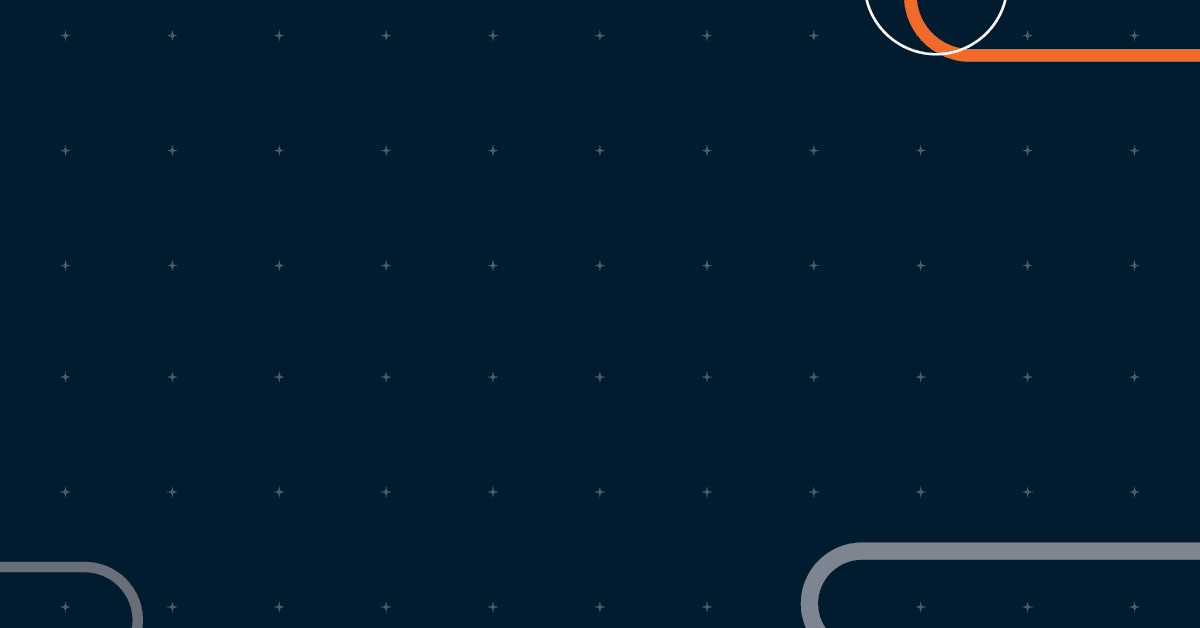
International Open Access Week is almost here, and ACS is celebrating with a series of blog posts here on ACS Axial as well as four days of informative and thought-provoking webinars. As much of the research community’s thoughts turn to open access (OA), we begin by looking at some of the key questions being debated by publishers, institutions, and researchers alike.
Diamond Open Access
Diamond open access—also known as platinum open access—is one of these areas of debate. The diamond open access model means that neither authors nor readers are expected to pay to publish or access original research. Instead, the costs associated with operating a diamond open access journal are borne by an institution, society, or other funding approaches.
Most major publishers and innumerable universities operate at least one diamond open access journal, which—according to the Diamond Open Access study commissioned by cOAlition S—is the most prevalent open access model. It remains popular due to the lack of author or reader payments, but the publishing process still generates costs which limit how far the model can potentially be scaled. The report highlights that most diamond OA journals publish fewer than two articles per month on average, as many of these titles rely on the availability of faculty labor which is divided between editorial processes, platform upkeep, and other operations in addition to teaching and research responsibilities.
Diamond OA journals that are published as part of a larger publishing organization’s portfolio tend to publish more articles, as they benefit from access to infrastructure, the costs for which are typically sponsored by other mechanisms. For example, ACS Central Science, ACS Publications’ diamond open access journal, has its costs covered by the American Chemical Society.
If you’d like to find out more about diamond OA and join in a discussion about how it might be scaled, register below for our free webinar on Wednesday, October 25.
Diamond Open Access: How Scalable Is It?
Wednesday, October 25, 2023
9:00 AM - 10:00 AM EDT | 14:00 PM - 15:00 PM BST
Equity in Open Access
The topic of equity in open access is also generating a lot of discussion, as the overarching goal of open access is to increase the accessibility of research—and that’s not just limited to readers. There are some concerns that the prevalence of gold open access (immediate open access upon payment of a publishing charge) in top journals means that access to publication of research may create a situation where only researchers who can afford publishing charges will be able to disseminate their results.
Of course, gold OA isn’t the only approach. In addition to sponsored read and publish agreements and the “subscribe to open” movement, other options are also being explored. It’s a time of experimentation as we collectively discover how to make open access more equitable, and on Thursday, October 26, representatives from ACS will be joined by colleagues from across the publishing industry to discuss this in more depth. Register for the free webinar below to take part.
Making Open Access More Equitable
Thursday, October 26, 2023
10:00 AM - 11:00 AM EDT | 15:00 PM - 16:00 PM BST
Zero-Embargo Green Open Access
Our final webinar for the week will focus on the topic of zero-embargo green open access. Since the publication of the White House Office of Science and Technology Policy’s ‘Nelson Memo’ of August 2022, there has been growing awareness of the need for public access to research, particularly in North America.
While the memo itself only acts as policy guidance for Federal funding agencies, it does set out a timeline for all Federal funders to update and publish their own public access policies. The deadline for all agencies is December 31, 2024 and public access policies will apply to all grants from those bodies no later than 12 months after policies are published.
A key focus of these policies is zero-embargo green open access: author self-archiving of a manuscript immediately upon acceptance for publication, or upon publication (with different funders having different requirements). This leads to a potentially complex landscape for compliance, especially when author teams receive funding from multiple sources.
We will examine the potential impact of these policies in our webinar on Friday, October 27, where we will be joined by representatives from funding bodies. you can register for free below as well as explore our entire range of programming for International Open Access Week 2023.
Zero-Embargo Green Open Access and the Future of Publishing
Friday, October 27, 2023
10:00 AM - 11:00 AM EDT | 15:00 PM - 16:00 PM BST
We look forward to welcoming you to our webinars!